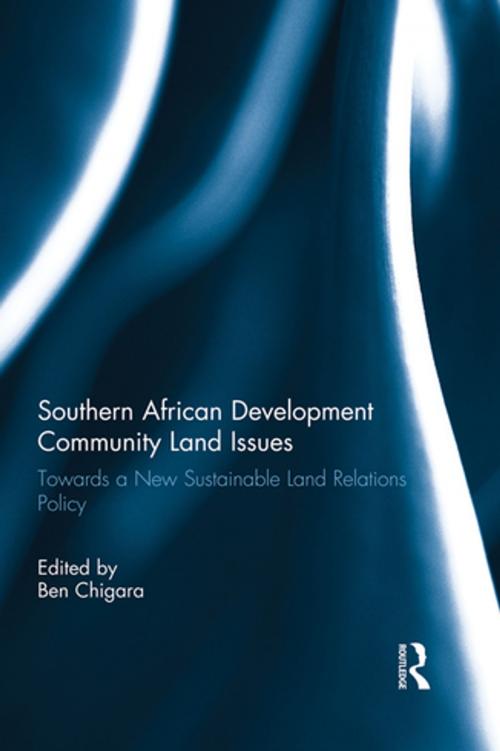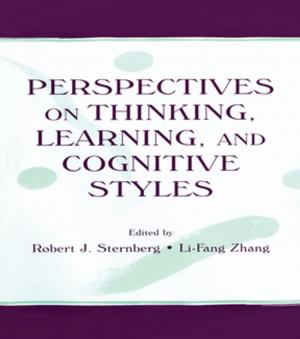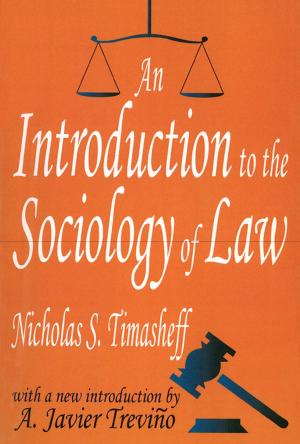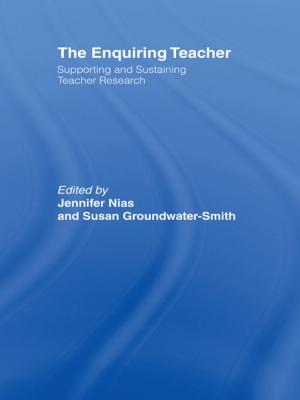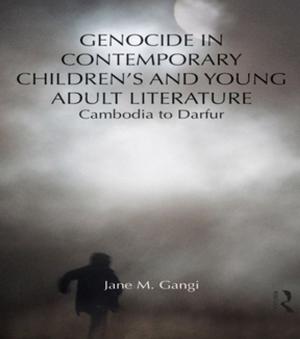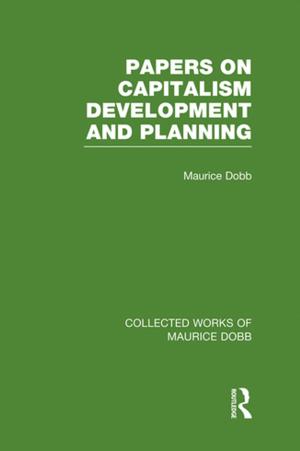Southern African Development Community Land Issues
Towards a New Sustainable Land Relations Policy
Nonfiction, Reference & Language, Law, Land Use, Natural Resources| Author: | ISBN: | 9781136656170 | |
| Publisher: | Taylor and Francis | Publication: | March 1, 2013 |
| Imprint: | Routledge | Language: | English |
| Author: | |
| ISBN: | 9781136656170 |
| Publisher: | Taylor and Francis |
| Publication: | March 1, 2013 |
| Imprint: | Routledge |
| Language: | English |
This book constitutes volume one of a two volume examination of development community land issues in Southern Africa. In this volume, Ben Chigara undertakes a holistic inter-disciplinary evaluation of the legitimacy of colonial and emergent post-colonial rule property rights in affected States of the Southern African Development Community (SADC). It particularly focuses on intensifying litigation in national courts, the SADC Tribunal, and more recently the Washington based International Centre for the Settlement of Investment Disputes (ICSID) regarding counter claims to title to property.
The book examines cultural, economic and political drivers at the core of SADC land issues, focusing on their significance and potential to contribute to the discovery of a new, sustainable land relations policy that guarantees social justice in the distribution of all the advantages and disadvantages relating to the allocation and use of land. Chigara shows that persistent systematic administrative failures by pre-colonial, colonial and post-colonial authorities have made for a very complex challenge that requires Solomonic tools that neither the Courts alone, nor human rights centric morality alone could resolutely attend. The book recommends a sophisticated systematic new approach to SADC land issues, which is developed in volume two, Re-conceiving Property Rights in the New Millennium.
This book will be of great interest to students and researchers of Property and Conveyancing Law, Human Rights Law and Land Law.
This book constitutes volume one of a two volume examination of development community land issues in Southern Africa. In this volume, Ben Chigara undertakes a holistic inter-disciplinary evaluation of the legitimacy of colonial and emergent post-colonial rule property rights in affected States of the Southern African Development Community (SADC). It particularly focuses on intensifying litigation in national courts, the SADC Tribunal, and more recently the Washington based International Centre for the Settlement of Investment Disputes (ICSID) regarding counter claims to title to property.
The book examines cultural, economic and political drivers at the core of SADC land issues, focusing on their significance and potential to contribute to the discovery of a new, sustainable land relations policy that guarantees social justice in the distribution of all the advantages and disadvantages relating to the allocation and use of land. Chigara shows that persistent systematic administrative failures by pre-colonial, colonial and post-colonial authorities have made for a very complex challenge that requires Solomonic tools that neither the Courts alone, nor human rights centric morality alone could resolutely attend. The book recommends a sophisticated systematic new approach to SADC land issues, which is developed in volume two, Re-conceiving Property Rights in the New Millennium.
This book will be of great interest to students and researchers of Property and Conveyancing Law, Human Rights Law and Land Law.
